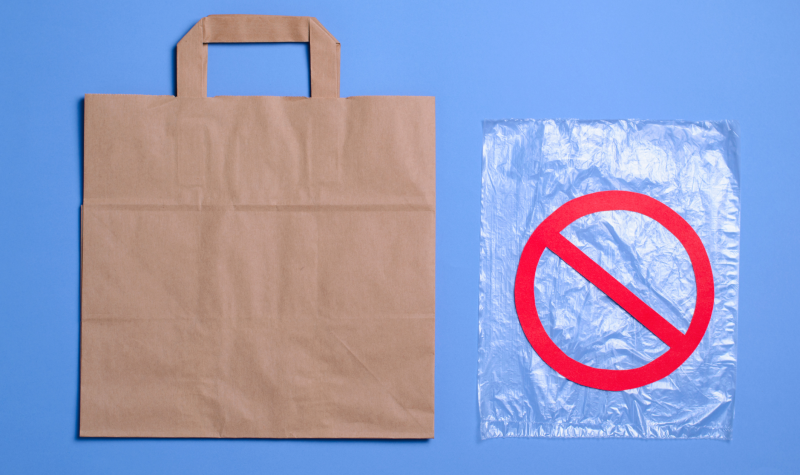Environment Canada has a goal of 75 per cent of fruits and vegetables to be distributed and sold in bulk and/or in plastic-free packaging by 2026. That number jumps to 95 per cent by 2028.
The president of the Wellington Federation of Agriculture voiced concerns with the idea.
Barclay Nap says plastic is crucial in Wellington County and across the country to keep food safe and accessible. He added despite initiatives locally to help the environment, plastic is a need for many.
"In Wellington County, we do have a number of farm-shares and market gardeners that do a great job, but how are they able to sell their product without bagging it at the local farmer's market? That's going to be a tough answer to come up with," Nap explained.
He says lettuce is one of many items that could become seasonal were this shift to happen, and added many in Wellington County don’t have very simple means of accessing a big box store.
Nap added the creativity it might take to keep producing food if plastic was eliminated from the produce landscape.
"A lot of Wellington County does not have access to a grocery store that's ten minutes away. From some places it's a fair bit of a drive. For me (in Puslinch) it's about 25 minutes," Nap stated.
"This may also be an opportunity for more people in Wellington County to start growing seasonal, fresh produce and selling that locally as well," he added.
Nap says plastic allows Canada to get produce shipped in from other countries, like oranges from Chile and several other vegetables and fruits. He explained whatever the answer is, he doesn't want to see it take away from local produce on Wellington County plates.
"Hopefully we can and do find a solution for this, because as a producer of produce, I would love to see more Canadians and more people in Wellington County put more veggies and more fruits on their plates, for sure," Nap said.
"I don't want anything to deter that," he added.
Nap says replacement options not only spoil more often, but they're also more expensive.
He pointed out "a different mindset" may be required to rectify this issue, and says that may not be a full ban of plastics, but instead changing the way in which the material is used.
Listen to the CICW story below:


